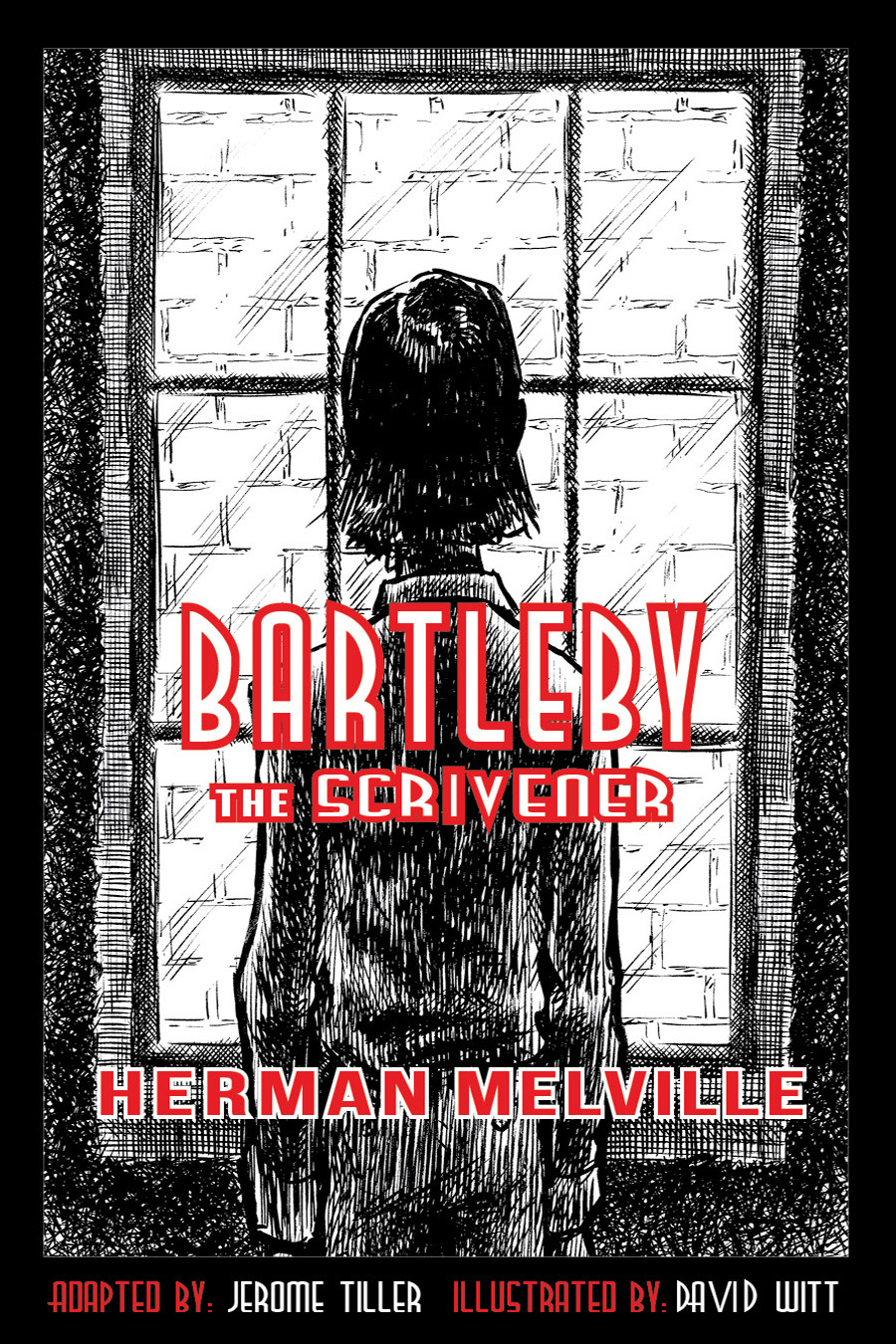Lesson Plans
Adapted Classics "Hop-Frog" rated ideal format for Middle School Readers

We greatly value their opinion. Midwest Book Review is an on-line book review magazine well-respected in the book trade. They selectively review books by small publishers and independent authors. Small players in the book trade, such as ourselves, seek reviews from MBR since almost all review journals will only review books from large publishers.
Short Stories for Middle School
So why do some teachers bypass using this teaching tool in the classroom? Maybe because they believe the shortness inherent in the form doesn’t allow enough time for plot...
Edgar Allan Poe Humor for Middle School
If middle school students were to analyze almost any Poe story, even his tales of terror, they would likely find some humor either simmering along the surface or inserted between the lines. A Poe humor search would make a good middle school homework assignment. Then a great classroom discussion likely would follow. I’d bet that discussion would be fun for students and teachers alike.
Edgar Allan Poe’s Thou Art the Man, a detective story on the surface, features...
Eve and Adam - Female Objectification

When it comes to female objectification, Eve and Adam have nothin’ to offer those who want to know why males objectify females. Mark Twain didn’t directly delve into that topic when he wrote his creation stories. But he did recreate the first heterosexual couple, and he did exaggerate certain gender-specific tendencies in each character. Readers in his day would have recognized these masculine and feminine tendencies as legitimate.
After all, Mark Twain was anything but stupid. He built his humor on the bedrock of exaggeration and understatement. And you know he understood how to use those comic devices! He knew it wouldn’t be funny for him to assign, and then exaggerate or understate, gender-related tendencies that didn’t mesh with what his readers had experienced in real life. But he did not choose to directly deal with the matter of female objectification, a male tendency the readers of his day would also have recognized as legitimate. He didn't deal with it, but he certainly could have. Female objectification is not a brand new phenomena. It has been around for far too long.
Middle School Students - Learning by Talking
The trouble is, most of the skills middle school students learn by talking about the meaning of literature cannot be quantified. Middle school students might develop their brains and learn life lessons when they talk about literature, but they merely internalize those benefits. No standardized test...
Poe's Hop-Frog - Middle-School Lesson Plan
I discussed objections to exposing middle-grade readers to 'Hop-Frog' in two earlier posts. To reiterate, just because Hop-Frog, a very sympathetic character, violently revenges maltreatment by his tormentors does not mean that violent revenge is justifiable. Whether revenge can ever be justified, however,...
Promote Pleasure Reading in Young People
Yet everyone knows that young people will seek and find fun wherever it can be found – it’s their natural instinct. Then what if they were to find more fun in pleasure books at their reading level? Like the fun they once found in the picture books of their...
Dr. Heidegger's Experiment - Topics For Teachers to Explore
As indicated in our last post, this marks our first blog that suggests topics teachers might want to explore in classroom discussions involving stories in the Adapted Classics collection. The first book we published in the collection is Nathaniel Hawthorne’s Dr. Heidegger’s Experiment, and there are lots of topics teachers might want to explore in this one.
You might ask why Dr. Heidegger conducted the experiment. What did he hope to find out? The subjects in the experiment might trigger other questions. All of them were old friends of the doctor, so we know Dr. Heidegger knew them and and that he was probably also aware of their rather ignoble pasts. Were they useful subjects for what he hoped to learn from...
Fiction and Classroom Discussions
We select, adapt, and design stories for the Adapted Classic collection with classroom discussions in mind. Even the illustrations by Mark Johnson-Pencook, though primarily attention...
Fiction can enlighten while it entertains
Setting aside the opinion that reading fiction is an inferior way to entertain oneself, let’s deal with the issue of enlightenment. First of all, we probably need to clear up what might be some confusion in terminology. Knowledge and enlightenment are not synonymous. Insofar as information contains real (not fake) facts, acquiring and storing information adds to one's knowledge. Enlightenment is the result of 'getting it' - the 'it'usually being understanding that...


